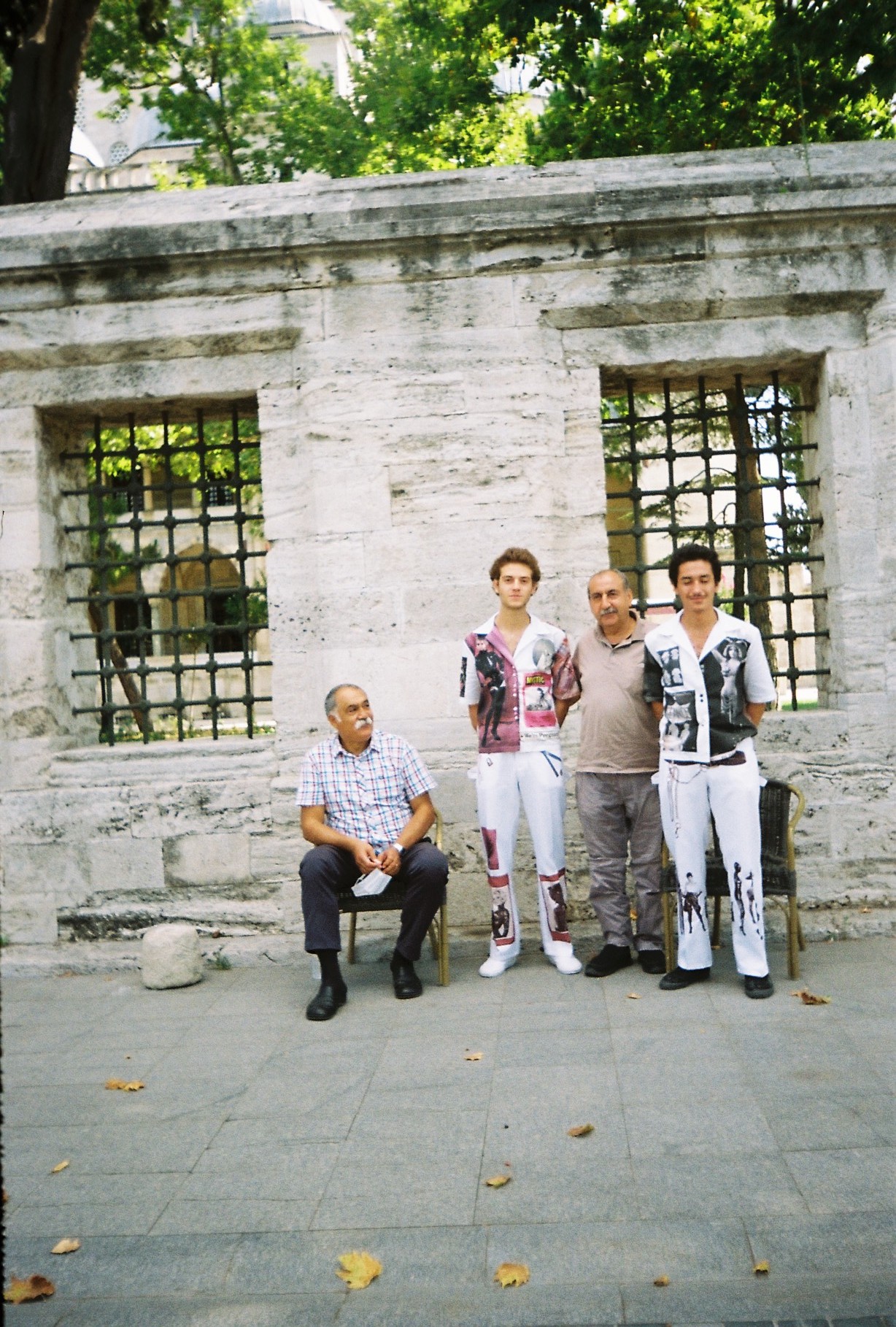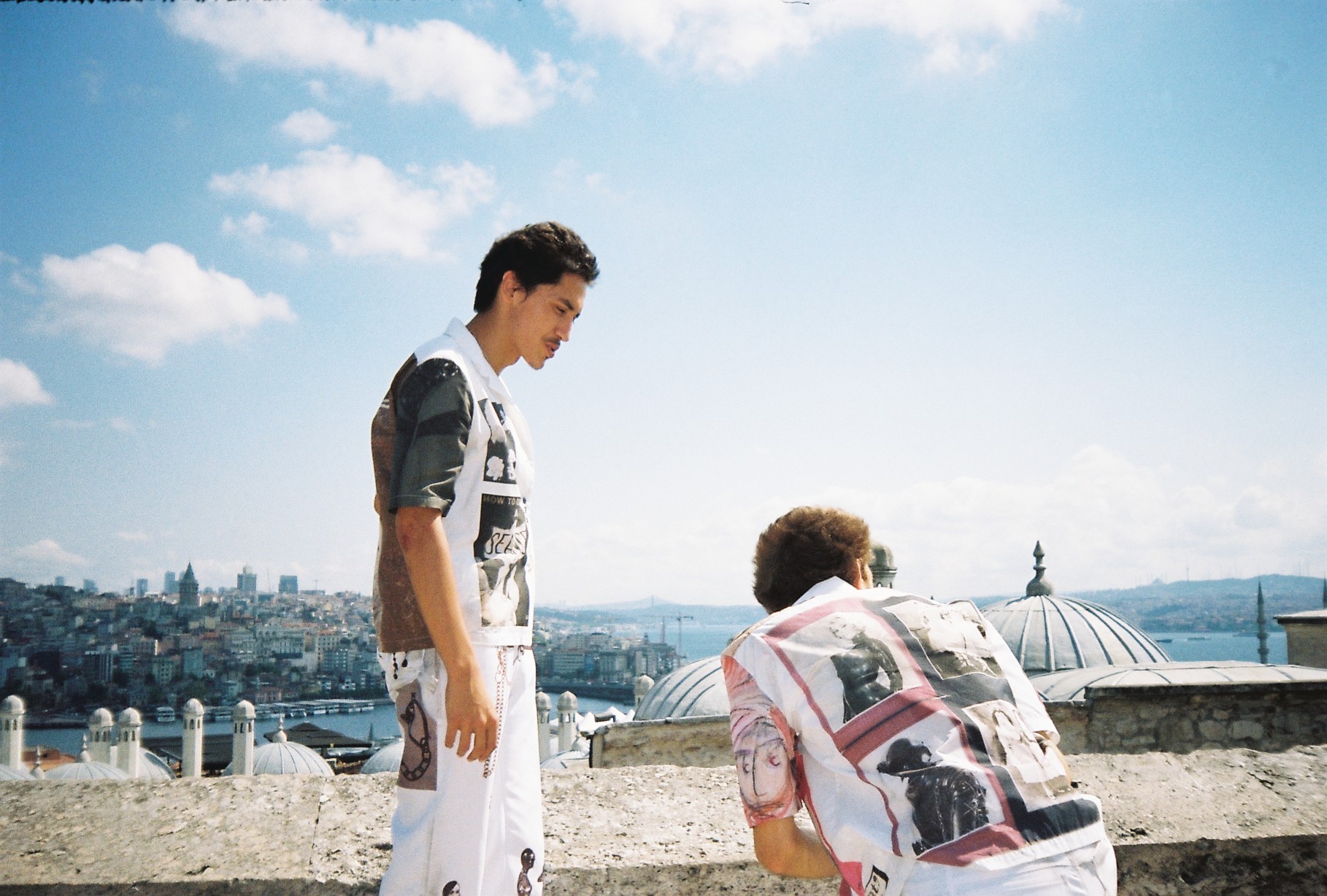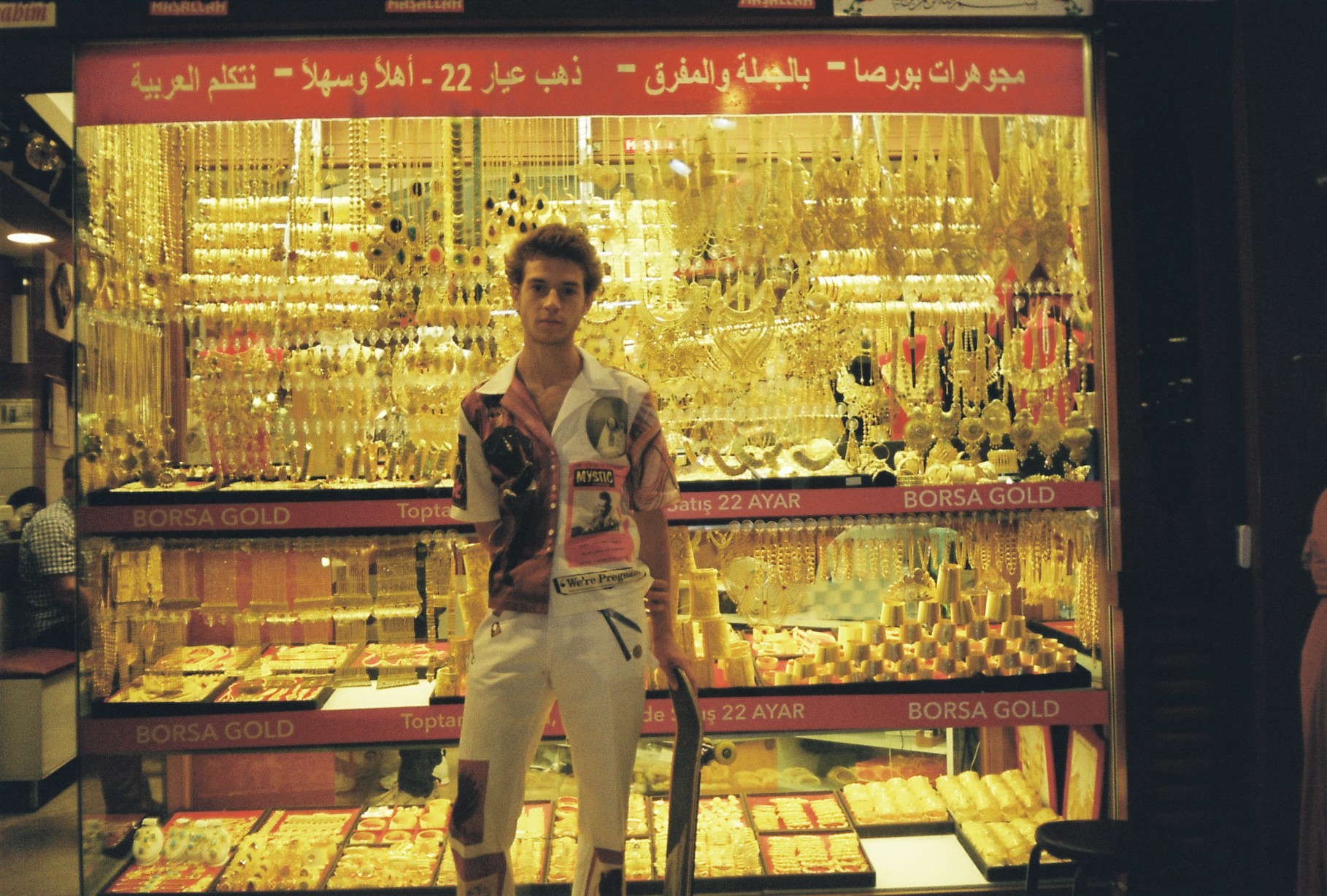If, like us, you spent your weekend speculatively browsing Black Friday holiday deals in the hope of a post-vaccine vaycay, you too may have clocked a number of offers tempting you to Istanbul. To the outsider, it’s a city whose name often conjures no shortage of Orientalist fantasies of minaret-punctuated skylines and distant muezzin calls. Both are, of course, things that you’ll find in Turkey’s largest city. But — as you can reasonably expect from among a thronging mass of almost 16 million people — there’s much more to be found.
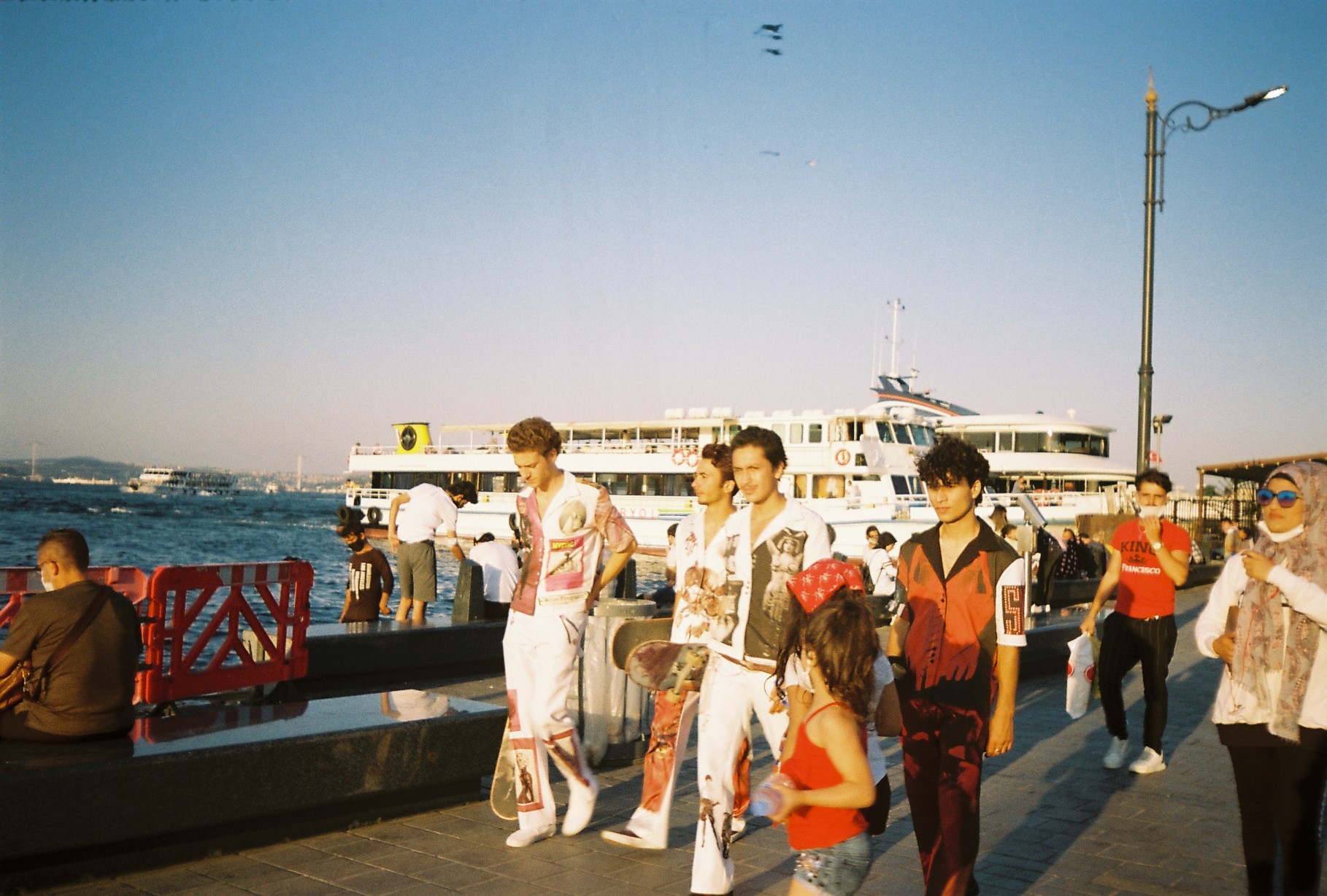
“There have been many different cultures, religions and mystical stories that lived in Istanbul throughout history,” says Dilara Findikoğlu, the designer and native of the city who’s spent the past ten years in London, where her eponymous label’s now based. A centre of the Roman, Byzantine and Ottoman empires, a tipping point between East and West, it’s a place defined by a productive turbulence — a place where countless cultural currents swirl as they meet. “Istanbul is really like a border, a solid line, it’s like the edge of a cliff,” says Fatih Yilmaz, a local film director and skater. “It’s a city where the sterilised neat world of Europe ends. We live in between contradictory situations on a daily basis.”
Looking to immortalise the “chaos and the ineffable beauty of my rebellious Istanbul”, says Dilara, she teamed up with Fatih and fellow skater and director Adem Ustaoğlu to create Dilara Conquers Istanbul. An attempt to show the city from their point of view, the film traces a whirlwind day in the lives of members of Yillar Ziyan, the skate crew Fatih founded. Through hilly streets and back alleys — with stops for a glass of tea the colour of burnt umber, or to amble the carpet and jewellery shops of the city’s bazaar — we follow them as they surf the streets of the Historical Peninsula, dressed head to toe in Dilara Findikoğlu, of course.
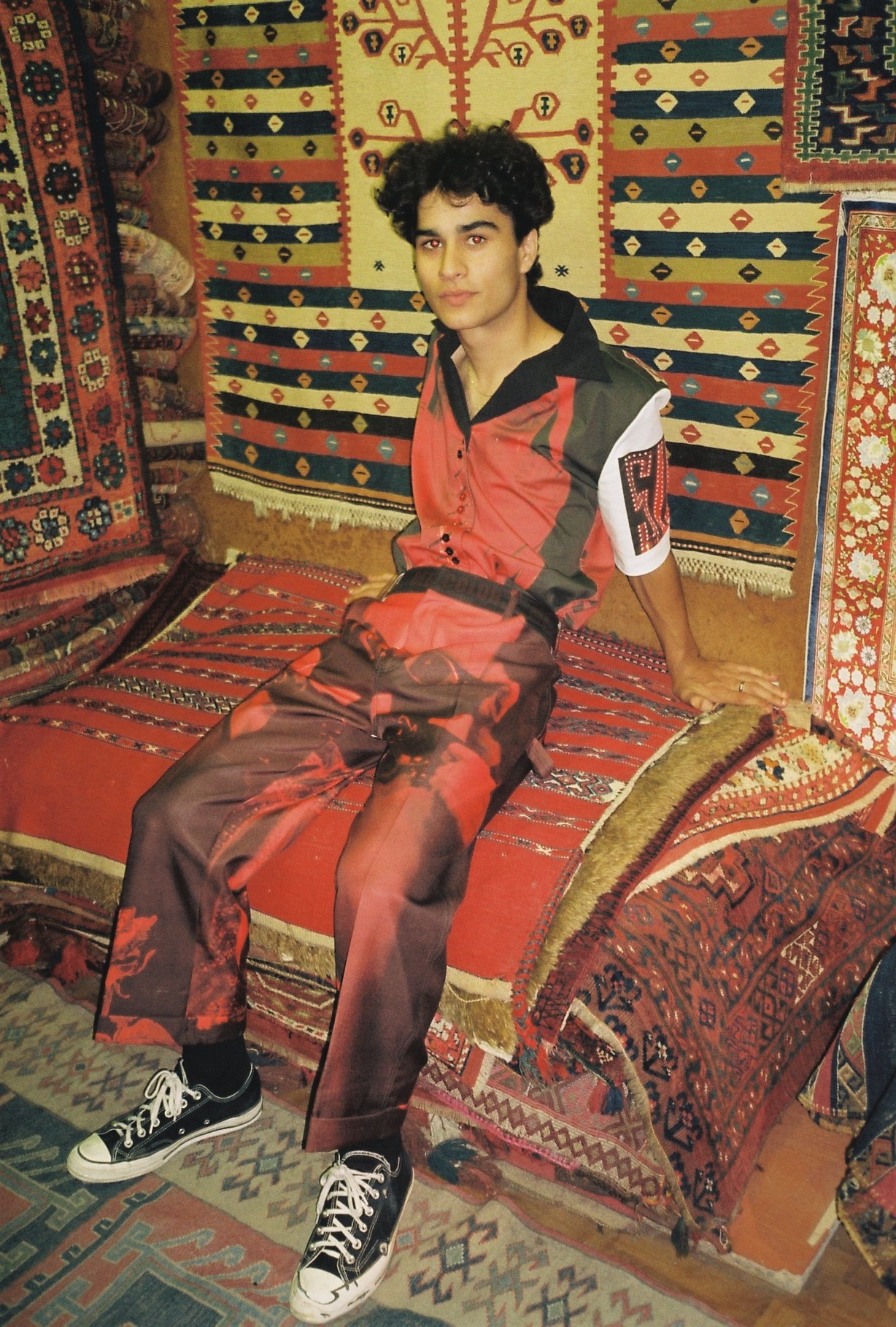
“I wanted to show the spirit of the youth in the city and what Istanbul means to them,” says Dilara, noting the shared perspective on life there that she and the Yillar Ziyan boys — who also recently fronted Maryam Nassir Zadeh’s SS21 campaign — share. “Although it just looks like a skating scene, it actually goes beyond that,” Fatih says. The economic conditions in Turkey [make it] impossible for individuals to better themselves. Being able to do things like skateboarding or art in a structure like this is a big luxury and a real waste of time. It’s not possible for you to keep food on the table by doing these things. With this in mind, we wanted to gather all those who wanted to ‘waste their years’,” noting that the crew’s name translates from the Turkish for ‘wasted years’.
They also represent the presence of “something that the Western culture invented in an Eastern world,” with the very act of skating embodying the cultural liminality that makes Istanbul the city of contrasts that it is. “Istanbul is, above all, two societies living in duality. Although people try to coexist in peace, this society always consists of opposing mentalities,” Fatih continues. “The power groups always shift, there’s never a moment of total peace.”

Uncomfortable as it may be at times, this sense of flux, of in-betweenness, is what gives way to the city’s inimitable energy. It’s something that Dilara has harnessed since first launching her brand, viewing the socio-historical mêlée of which Istanbul is a living artefact through a Victorian prism. Dressed in the label’s Skater Shirts — a seasonal fixture for the brand — the Yillar Ziyan boys become ambassadors for the brand’s “punk, independent and dynamic spirit” on their mission to conquer the city anew. The prints on the shirts reflect “the contrast between Ottoman and Victorian culture: on one side you can see a Turkish belly dancer, while you see a seance from Victorian London [on the other],” Dilara says, with a new design created especially for the project featuring “prints of my archive of antique Ottoman jewellery and garments on satin.”
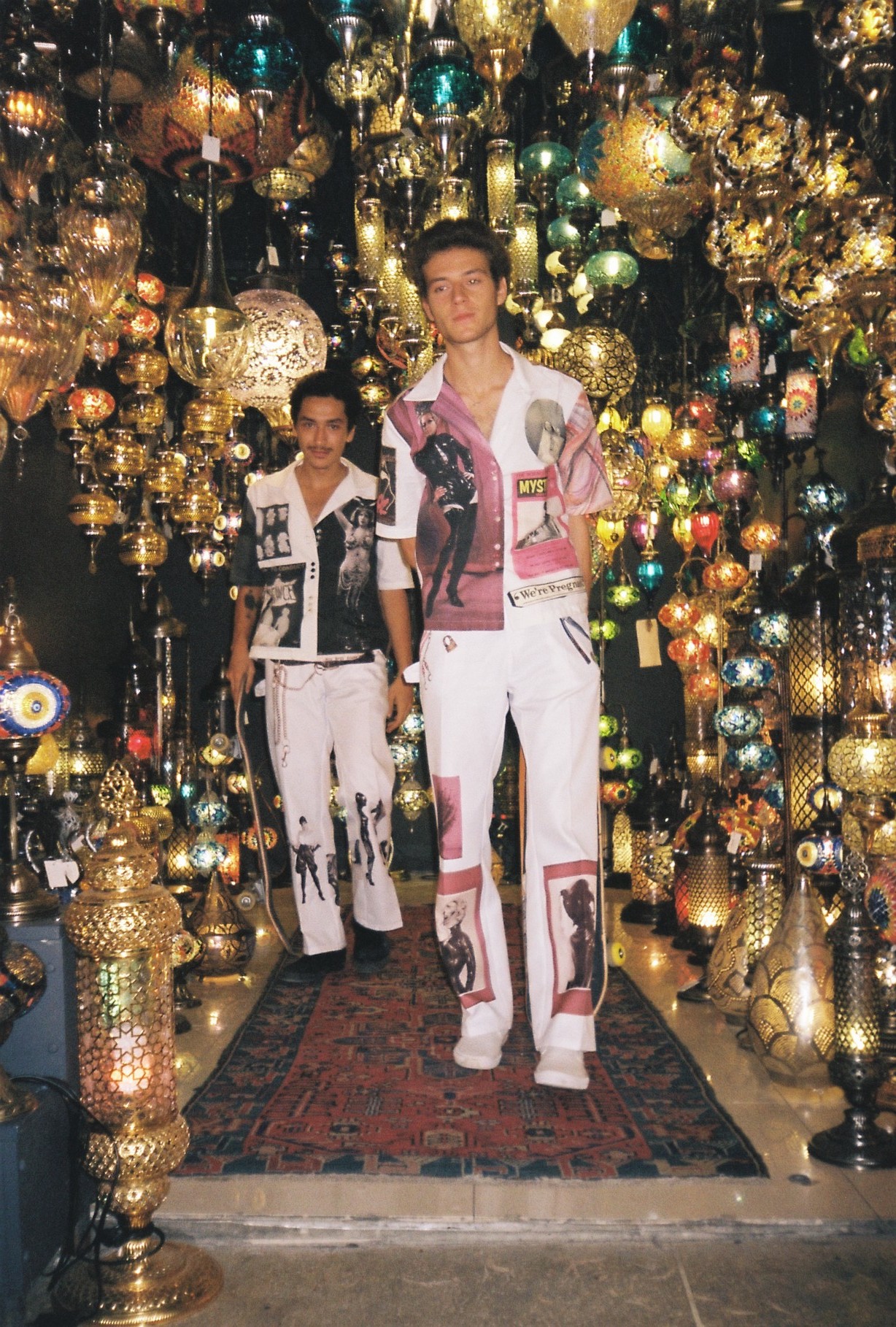
The end result, in many respects, feels like a fraught love letter to the city — though Fatih insists that “it’s more like a break-up letter, but written to a lover who we can’t seem to let go”. Indeed, there’s a prevailing sense that, no matter how chaotic life in the city can get, Istanbul is home to a unique permanence, that it’s a point of beginning and return. “It’s a difficult city to live in, but it’s as lively as it gets,” says Fatih. “This is a place where the mystical and the modern, the exciting and the nightmarish, live together. It never stops. It’s chaotic but it has its own rules and forms. It’s like a fairy tale sometimes, but other times it’s dead serious. There’s no other place in the world where this much goes hand in hand.”
Dilara echoes those sentiments completely. “Every time I go back there I feel its unique and mystical energy in the air,” she says, “and that’s how I find the inspiration that drives me to create anything. Istanbul is the zero point of my life.”
